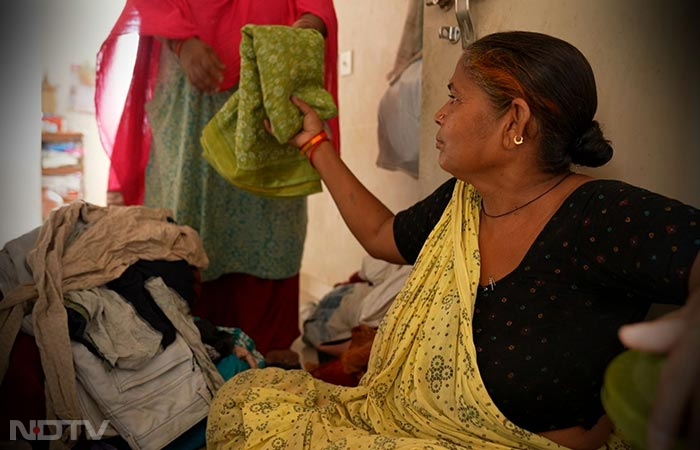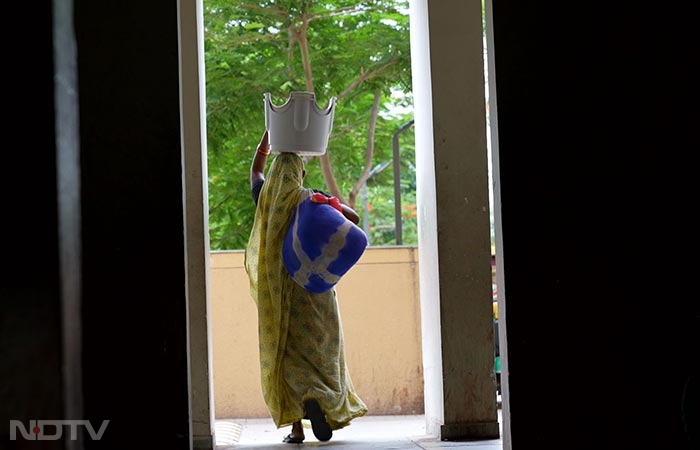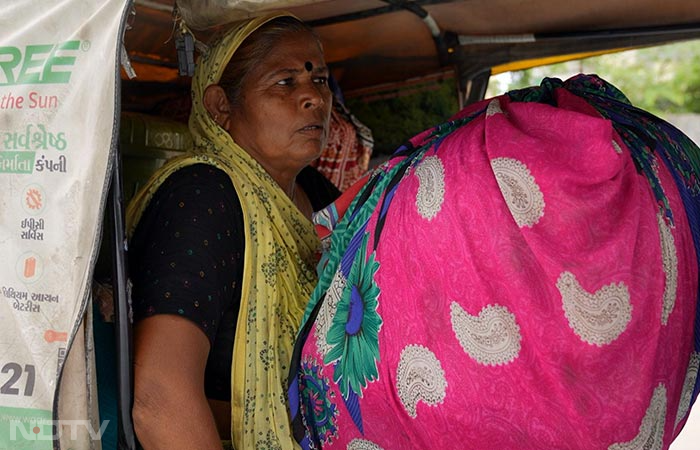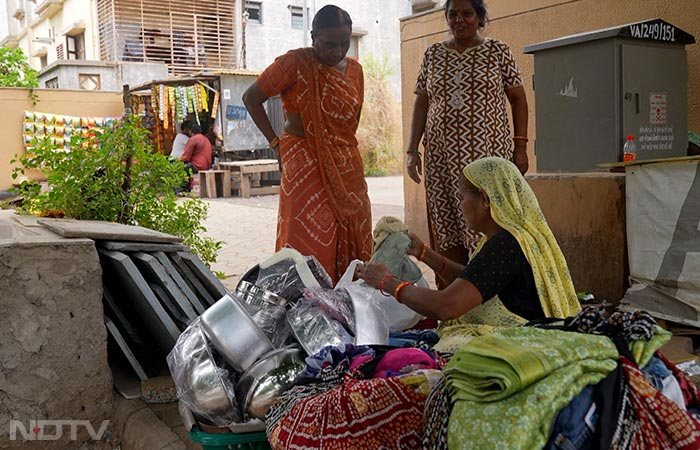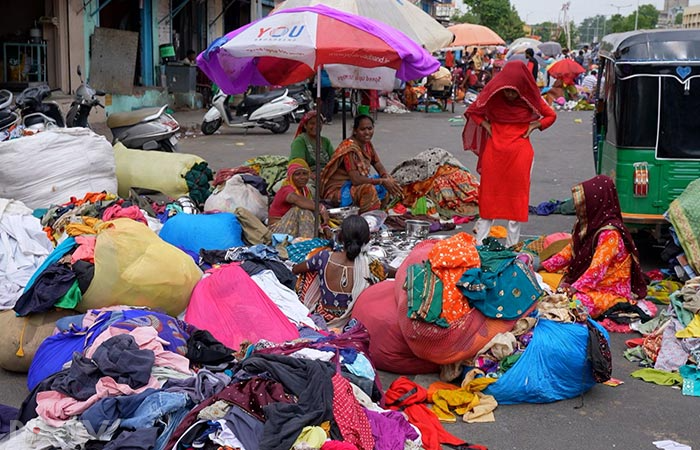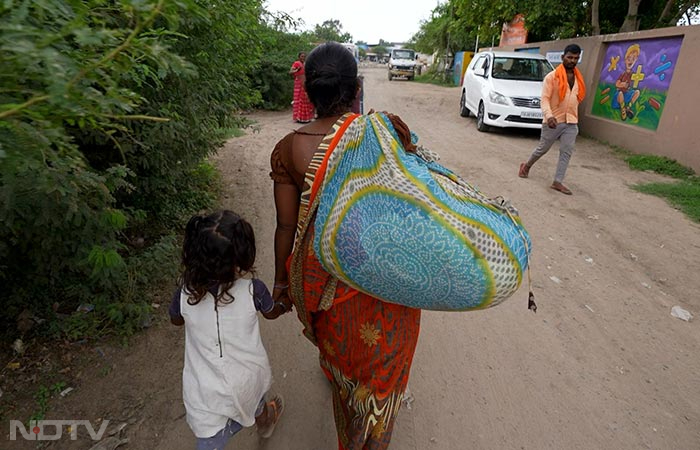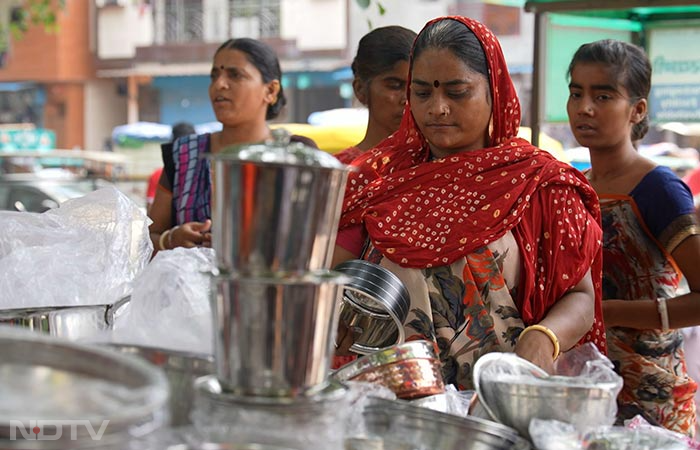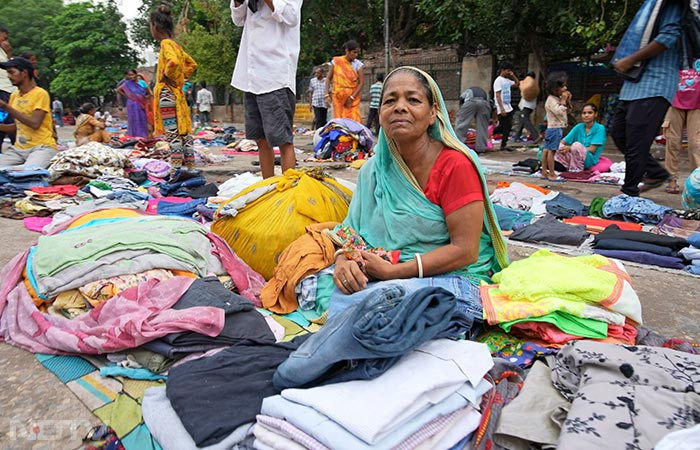A Look At How The Waghri Community, India's Invisible Recyclers Give A New House To Old Clothes
The Waghris - a nomadic community - has been operating this informal, often invisible old-clothes recycling trade for more than a hundred years now.
-
There are thousands like Radha Ben across India. They frequently visit societies and housing complexes, apartment buildings and colonies, once or twice a week; collecting old clothes in exchange for utensils or other household goods. They are the Waghris - a nomadic community - who have been operating this informal, often invisible old-clothes recycling trade for more than a hundred years now.
-
Once criminalised, the Waghri is a denotified community but the stigma of being considered criminal remains. The word Waghri itself has negative connotation In Gujarati and so members of the community consider both Waghri and Chindiwali as derogatory terms. They prefer to be referred to as Devipujaks or Deviputras.
-
There is a process of bargaining involved as Radha Ben negotiates the amount of clothing she wants in exchange for the utensil she is about to give away. Usually, she asks for more than just one bundle of clothes, which means over 10-12 pieces of old clothes in exchange for one utensil. Sometimes, customers even ask for specific items that Radha Ben then sources for them.
-
Ahmedabad's Dilli Darwaja market is the city's largest market for second-hand clothes. Hundreds of women from the Waghri community gather here with the clothes they have brought from their daily pheris to sell them to local vyaparis or middlemen. These clothes are further sold in local weekly markets.
-
The Waghri trade of recycling old clothes has many businesses associated with it. The utensil shops, where the women buy utensils from. The shops of plastic household items that are also used by the women in exchange for old clothes. Then there is the transport business - the autowalas or tempo walas who help transport large quantities of clothes to and from the marketplace.

